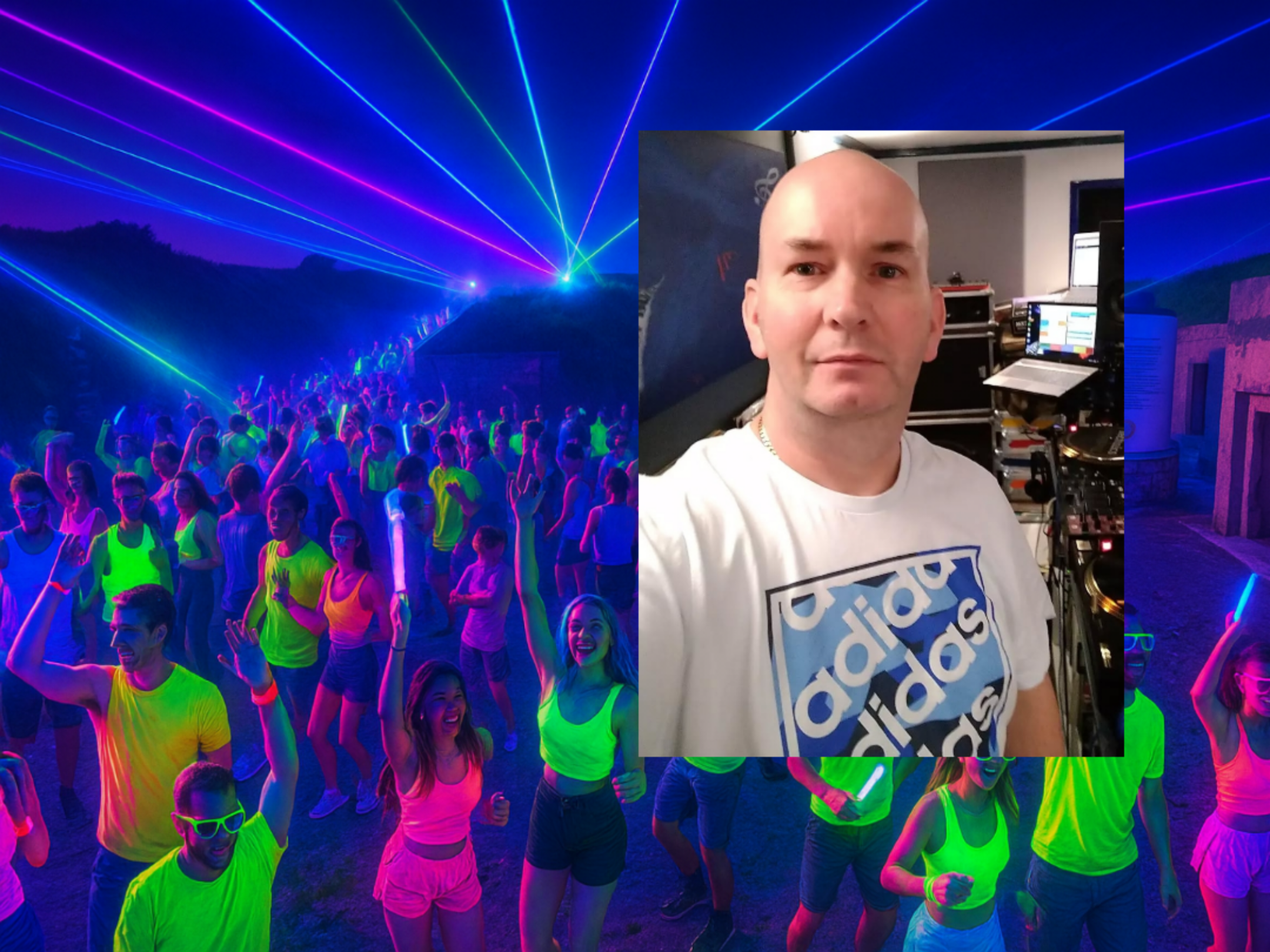A Youth Club DJ Tutor dismissed over personal views: Where’s the line between free speech and organisational conformity
A popular volunteer DJ Tutor at a local youth club has been removed from his role after the organisation deemed his personal views—shared privately on social media—as incompatible with their values. The decision, which appears to stem not from any misconduct within the club but from opinions posted on Facebook, has sparked questions about free expression, ideological intolerance, and the reach of institutional control over private beliefs.
The individual in question, DJ Richie T, had volunteered at the club for over a year, running weekly DJ workshops as part of a youth music initiative. He was widely praised for his dedication, professionalism, and the positive impact he had on young people.
According to a senior member of staff:
“He’s done a fabulous job with very young people, teaching DJ skills, which is fantastic. However… over the last few months it’s become apparent, partly through knowing him on Facebook… that Rich holds very strong views, which in my opinion are not compatible with him working here… He won’t change those views. He’s now blocked me from seeing a lot of the stuff… and I just had to explain to him that his views are not compatible with the ethos of the club… particularly around issues of race… I won’t have someone working here that holds those views, as simple as that.”
Despite this strong stance, the same staff member acknowledged Richie’s positive contributions, saying: “There are lots of good things about Rich, and I’ve thanked him for what he’s done with our young people.”
When asked what Richie had posted that raised concerns, club leaders declined to give specific examples but maintained that his views were “extremely prejudiced,” especially around race. They stressed that the issue was not his conduct with young people but what he had shared privately online, outside the club environment.
Our review of Richie’s publicly visible Facebook activity shows posts critical of identity politics, political correctness, and the perceived erosion of free speech. He shared articles from centre-right sources and expressed concern about cultural and racial narratives in the UK. None of the material reviewed included hate speech or inflammatory language—only viewpoints increasingly common in national discourse.
No complaints were made about Richie’s behavior by parents, youth, or colleagues. The decision to remove him appears to have been driven entirely by ideological concerns at the leadership level.
This incident raises difficult questions: Should volunteers be judged for their personal beliefs expressed outside of their roles? Can institutions balance inclusion with viewpoint diversity? And who defines which views are “compatible” with a club’s ethos?
To some, Richie’s dismissal signals a broader trend of ideological gatekeeping which can be in serious breach of article 10 of the Human Rights Act 1988. While organizations have every right to set values, critics argue that punishing volunteers for lawful opinions risks creating echo chambers and stifling open dialogue.
As Richie parts ways with the club, the community is left to consider whether safeguarding values should come at the cost of silencing dissent—or whether a truly inclusive space should make room for respectful difference.
DJ Dismissed for Facebook Opinions: When Does Inclusivity’ Become Ideological Conformity?

